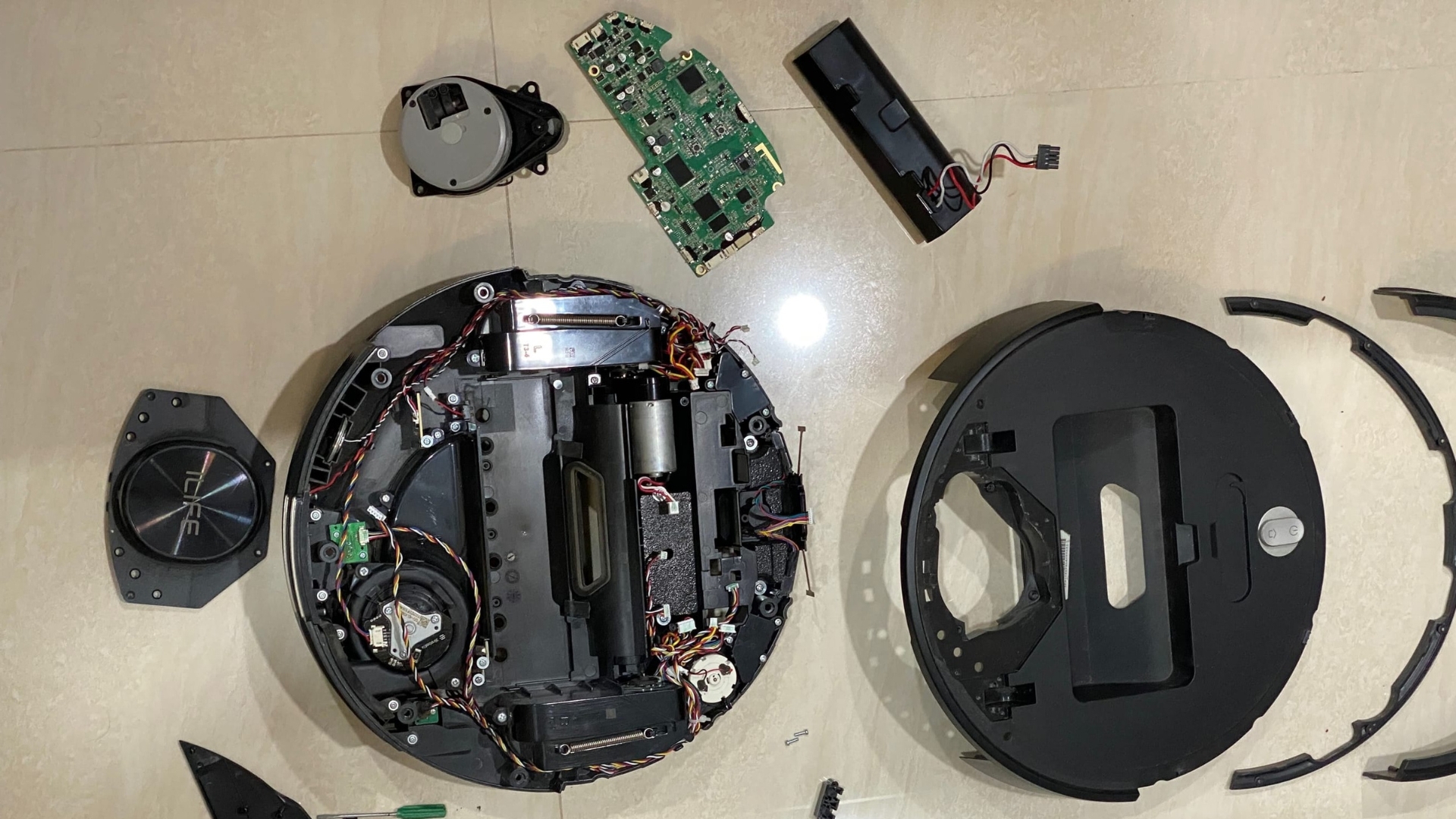I am typing this post on a modern "Thinkpad" from 2020 where the hardware volume keys could never change the volume on Linux. But everything works more or less correctly in Windows 11, unfortunately.
What are my options for getting computer hardware, desktop or laptop (etc.), where the hardware is specifically supported under linux?
Let's say I am wanting to plot a graph with "Usefulness" on the Y axis and "Cost" on the X axis. Then I could plot each computer on the graph, and make a decision about how much money to save up and spend for the best value that satisfied minimum requirements.
In my initial searching, I have uncovered these vendors as supporting Linux, albeit at a (usually) premium, niche price point:
- System76
- Framework
- Dell
- IBM/Lenovo Thinkpad
However I don't yet have a good intuition for when this is true (for example my thinkpad having incompatible hardware) or where these belong on the hypothetical usefulness vs. cost plot.
Also, as I understand it, linux distros are not in the habit of "supporting" specific hardware as "works on our distro." However in the past some have attempted to keep track of what works better than other things. I am hoping for a legitimate guarantee that the hardware I buy will not have hardware problems with the distro it supports. At least for some time.
My personal "minimum" requirements would be: feels "snappy" loading the OS and webpages/videos/media. The touchpad and keyboard are fully usable. All the hardware works correctly, and DPI/screen resolution doesn't cause scaling issues (or said another way, fractional scaling doesn't cause problems. Maybe this is unrealistic if I want to use arbitrary software like hexchat which is GTK2).
Let me know if I'm thinking about this in the right way or missing something.
EDIT: thank you everyone for your suggestions!


How is it possible to be terrified of butterflies?